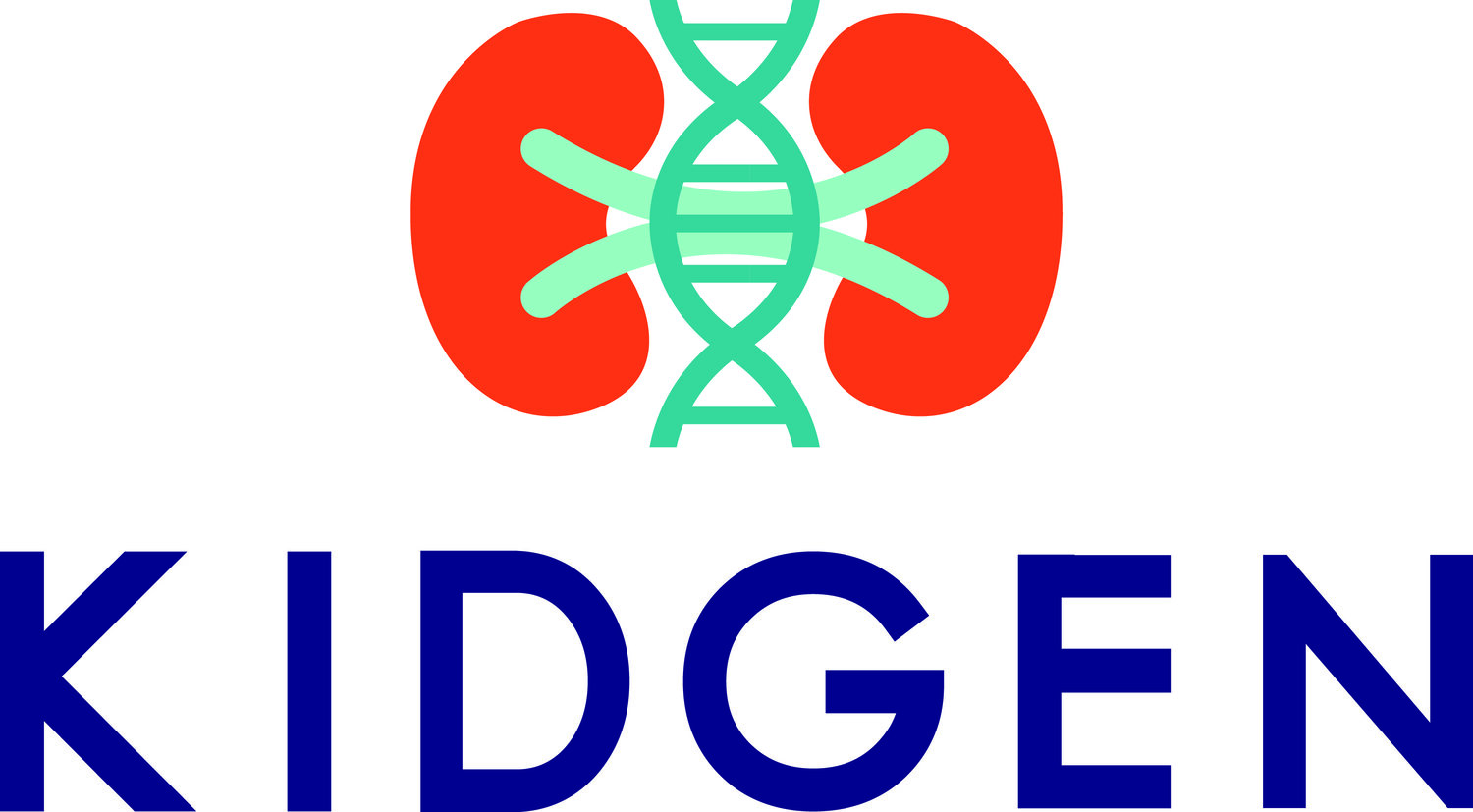-
Congenital abnormalities of the kidney and urinary tract account for ~20% of birth malformations and cause approximately 40% of all end-stage kidney disease manifesting within the first 3 decades of life⁵⁸.
Causes can be both environmental and genetic in nature, with around 20% of CAKUT cases currently estimated to be monogenic⁵⁹. Of the 50 or so genes identified to date, approximately 60% follow a dominant mode of inheritance⁵⁸.
Genomic testing for CAKUT has demonstrated a diagnostic yield ranging from 2.5% to 54%¹⁰. However, establishing a direct genotype-phenotype correlation is particularly challenging, as single pathogenic variants can have pleiotropic manifestations⁵⁹.
-
The term CAKUT refers to diverse congenital malformations occurring as part of both isolated and syndromic disorders, with presentations ranging from impaired urine production and obstructions, through to abnormal renal morphologies and agenesis.
-
The management and prognosis of CAKUT is highly dependent on the presenting features and clinical progression.
Chapter 3 - Genetic Kidney Diseases

